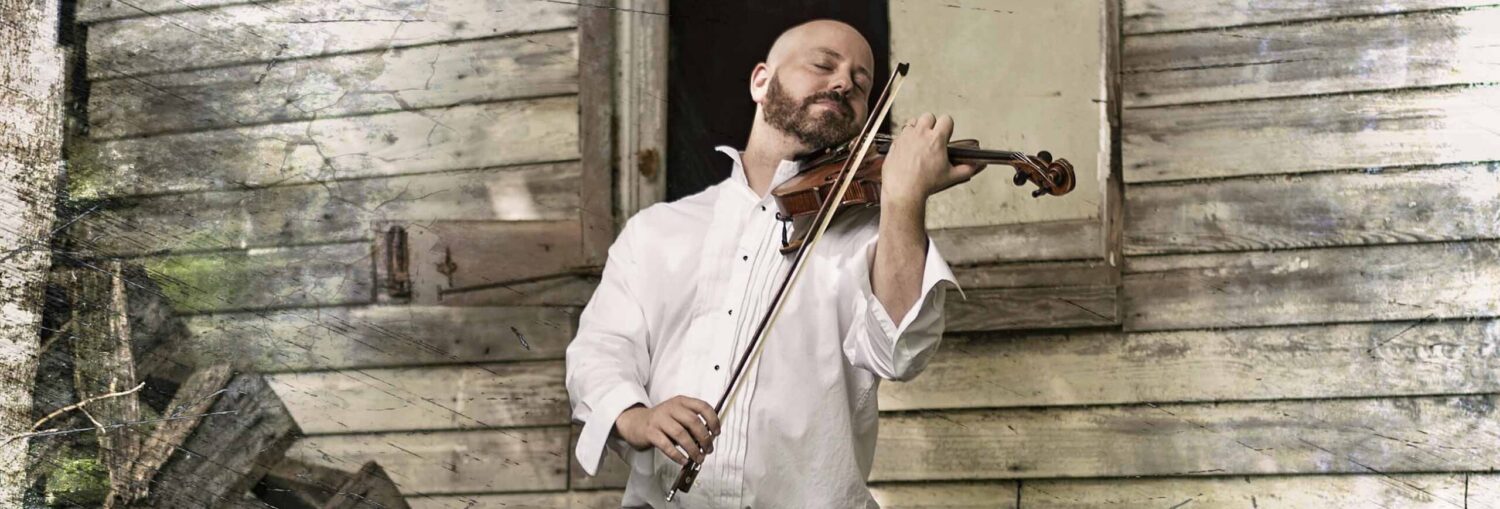THE EXAGOGE (2020)
for Soprano, Tenor, Bass
string quartet, percussion, piano
An Opera-Theater Event on a script by Edward Einhorn
Duration: 90 minutes min.
Commission: Commissioned by Untitled Theater Company #61
Contact us regarding perusal or performance materials.
Music by Avner Finberg
Play/Libretto/Direction by Edward Einhorn
based on the 2nd Century BCE play
by Ezekiel the Tragedian
An immersive opera/play/Passover seder
Overview/Synopsis
Exagoge is an immersive opera-theater event, inspired by a 2nd Century play by Ezekiel the Tragedian, a Hellenistic Jew who wished to portray the legend of the Exodus in a drama inspired by the Greek tragedies. The music is by Avner Finberg and the libretto/play script is by Edward Einhorn.
The production would be a participatory Seder meal. Those audience members who wished to participate most directly would sit around the main set piece, a seder table, on top of which the opera would occur. Meanwhile, around the table, a related drama about the fictional composer, set in the present, frames the opera scenes. Songs from the Passover service will be sung together and ritual foods will be shared, in counterpoint to the opera that would occasionally “erupt” on stage.
Exagoge is the earliest known play on a Jewish theme, and for good reason: Theater was considered a form of pagan idolatry by Jewish law at the time, and it is suspected that most of Ezekiel’s plays were destroyed by the Jewish community. Only small fragments of the original text still exist, so much of the libretto is necessarily imagined, based on scholarship on the original and with an eye to connection to the modern day. We wish to examine the connections between art, religion, and blasphemy, and the ways in which art and ritual both reinforce and threaten tradition.
The opera portion, derived from the original Greek drama, is the story of the Exodus, through the eyes of the playwright Ezekiel. An assimilationist, he emphasized the connection between Jewish and pagan traditions, keeping Tzipporah, Moses’ wife, a pagan, and ending with a deus ex machina involving a phoenix (an Alexandrian pagan symbol of the time). In the theater portion, Zeke, a composer of the interior opera, brings home his non-observant Muslim girlfriend, Aliya, to meet his father, Avraham, a professor of Jewish history. Arguments about respect for religion and tradition, blasphemy and appropriation dominate their conversation. In the end, Aliya comes to feel she has been included as a sort of prop for Zeke’s arguments with his father, and she leaves, her exit contrasting with the happy and triumphant deus ex machina that ends Zeke’s opera.
The overall production is about 90 minutes in length. The cast includes three opera singers (Tenor, Soprano, and Bass), three actors, and a chamber ensemble (string quartet, piano, percussion)
Cast List
2 male actors, 1 female actor
2 male singers, 1 female singer
Actors
EZEKIEL (ZEKE) – The composer/librettist of The Exagoge.
AVRAHAM – his father, a professor of Jewish History
ALIYA – his girlfriend, a librarian and a non-practising Muslim
Singers
MOSES (Tenor)
TZIPPORA (Soprano) – Moses’ wife. Also one of the singers for GOD
PHAROAH, REUEL, MESSENGER, GOD (Baritone)
Visit the production page at: https://www.untitledtheater.com/exagoge
